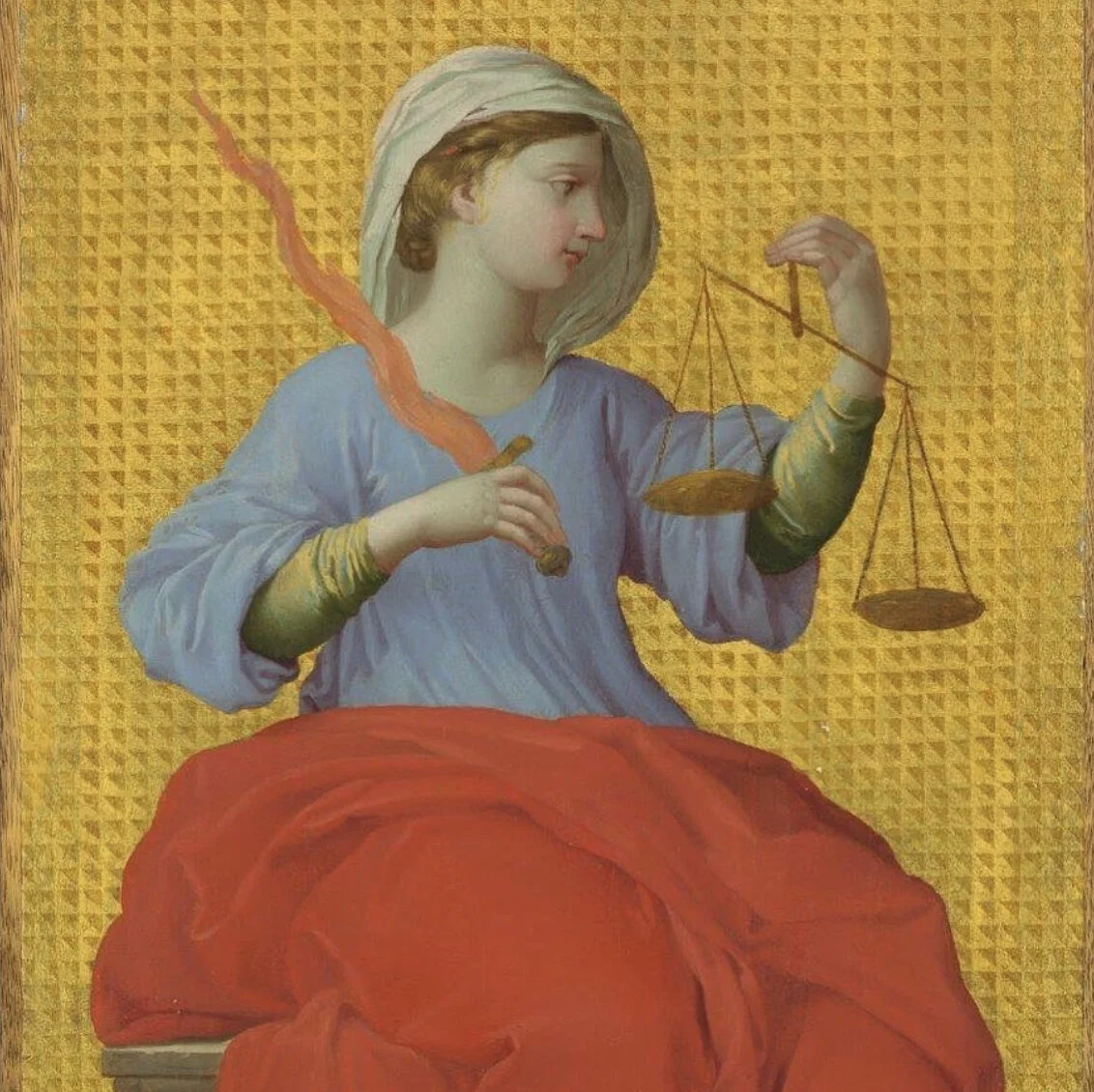Episode 03: Does the Right to ‘Privacy’ still exist in the Digital Age? - Answers From the Fascinating Story of Samuel Warren
It has been described as “Perhaps the most influential article ever published in an American law journal…” a “landmark” and “a permanent imprint on our tort law.”** The article, titled ‘The Right to Privacy’ was a scathing attack on the practice of newspapers publishing intrusive gossip. It is now considered the foundation for privacy law in the United States (also known as the “right to be let alone”). The article launched the careers of two Boston law partners, Samuel Warren and Louis Brandeis, the men who authored it, the latter of whom would go on to become an influential U.S. Supreme Court justice. Despite all that is known about the famous article, very little has been said about the motivation behind it.
As it so happens, article author Samuel Warren knew something about the problem of invasive journalism. Prior to writing ‘The Right to Privacy’, Samuel Warren had married the daughter of Thomas Bayard, the U.S. Senator from Delaware. Bayard’s very public life brought attention to his daughter’s marriage to Warren, an unimportant and little-known attorney. The press coverage was not kind. This fact, along with later unflattering depictions of Senator Bayard’s second marriage to a much younger woman, the Warren couple’s social gatherings, and the Bayard family’s funerals, incensed Samuel Warren. His wife’s friendship with Frances Cleveland, the often maligned and unpopular wife of President Grover Cleveland, who was also half the age of her husband, cemented Warren’s disgust for the press. The resulting article would shape our modern concept of the right to privacy.
More than one hundred years later, the right to privacy faces a new attack. It is now seemingly impossible to protect privacy in a day when technology opens every aspect of life to surveillance and publication, deep fakes and tracking. In his caustic writings, Warren both predicted and laid the foundation for the answers to this most modern problem.
In this episode of Misjudged, we examine the sensational story of Samuel Warren’s war on the press, and how it anticipates and articulates the necessary protections for privacy in the digital age.
** See Crump v. Beckley Newspapers, Inc., 320 S.E.2d 70, 81 (W. Va. 1983); Scheetz v. The Morning Call, Inc., 946 F. 2d 202, 209 (3rd Cir. 1991) and Machleder v. Diaz, 801 F.2d 46, 52 (2d Cir. 1986).
